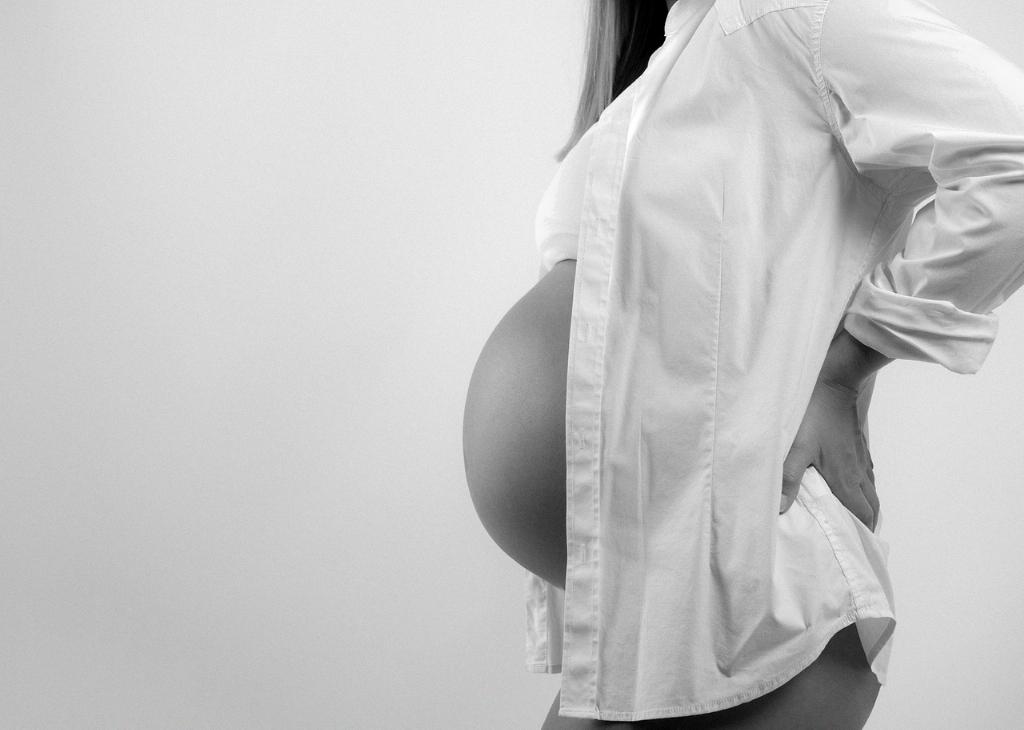Smell sensitivity during pregnancy is a common phenomenon that many expectant mothers experience. Research indicates that up to two-thirds of pregnant women may notice an increased sensitivity to various scents around them. This heightened sense of smell can lead to a range of reactions, from mild discomfort to strong aversions to particular odors.
The onset of smell sensitivity in pregnancy can vary from woman to woman, but studies suggest that it can start as early as a few days following conception. This early emergence of heightened olfactory awareness is often attributed to hormonal changes in the body, particularly the surge in estrogen levels that occurs during the first trimester.
It is commonly observed that smell sensitivity tends to be most pronounced during the first trimester of pregnancy. This period is characterized by significant hormonal fluctuations as the body adjusts to supporting the developing fetus. Many women report feeling overwhelmed by various scents during this time, with certain odors triggering nausea or other uncomfortable symptoms.
While the first trimester is often a peak time for smell sensitivity, some women may continue to experience heightened olfactory perception throughout their pregnancy. The intensity of smell sensitivity can fluctuate across different stages of gestation, influenced by factors such as individual physiology, environmental conditions, and overall health.
Expectant mothers may find that certain smells trigger more intense reactions than others during pregnancy. While the reasons for specific scent aversions can vary widely, some theories suggest that evolutionary factors could play a role in shaping these preferences. For instance, aversions to strong or pungent odors might have served a protective function for early humans.
Managing smell sensitivity during pregnancy can pose a challenge for many women. Some strategies that may help alleviate discomfort include avoiding strong odors, ensuring adequate ventilation in living spaces, and incorporating soothing scents like lavender or mint. It is essential for pregnant individuals to listen to their bodies and prioritize self-care during this sensitive time.
It is important to recognize that each pregnancy is unique, and the experience of smell sensitivity can vary significantly among individuals. While some expectant mothers may find that certain scents become more pleasant during pregnancy, others might struggle with aversions to smells that they previously enjoyed. It is crucial to approach these changes with self-compassion and understanding.
Healthcare providers can offer valuable support and guidance for pregnant women experiencing significant smell sensitivity. Open communication with a medical professional can help ensure that any concerns regarding scent aversions or reactions are addressed promptly and effectively. Seeking care and advice is a proactive step in promoting maternal well-being.
Exploring the intricate relationship between pregnancy and smell sensitivity can shed light on the complex interplay of physiological and psychological factors during this transformative period. By acknowledging and understanding the impact of heightened olfactory awareness, pregnant individuals can navigate their sensory experiences with greater awareness and resilience.
In conclusion, smell sensitivity during pregnancy can begin early in gestation, with studies suggesting that it may manifest shortly after conception. While the first trimester is commonly a time of heightened olfactory perception, some women may continue to experience sensitivity to scents throughout pregnancy. By embracing self-care practices and seeking support when needed, expectant mothers can navigate the nuances of smell sensitivity with grace and compassion.

